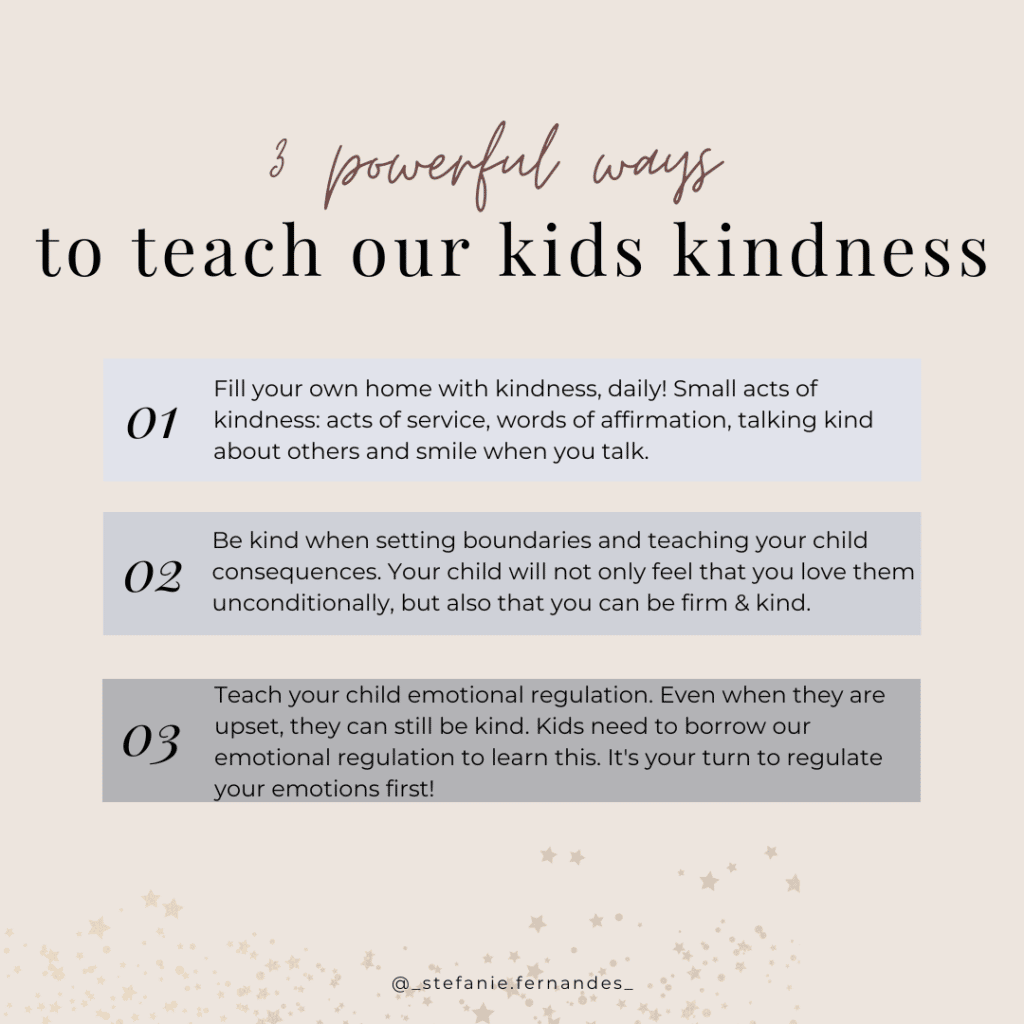How to teach your child kindness
Kindness is a concept that can be difficult to grasp for children. We expect them to be kind and get all upset when we see they are not always kind.
Many parents fall into shaming and blaming or punishing them for teaching them a lesson on how to be kind.
Can you really expect your child to be kind when you are not?
Your child gets confused when you yell at them not to yell. When you slap them because they hit their brother.
When you are showing them the cold shoulder because they are not willing to blindly follow your demands.
Teaching kindness starts within your home. Take a moment to reflect on how you show them kindness every day. Are you talking nicely about others? What about acts of service? Are you bringing them a hot cup of cacao without being asked or are you helping them out with their homework with a smile?
Your child learns kindness also in the hard times. When you are setting boundaries in your parenting, with a kind and gentle but firm tone your child learns that you can be firm and kind at the same time. These are great qualities in any adult relationship or at work.
Often, our kids cannot yet grasp the concept of kindness. Because they are developmentally not there yet. Their cognitive ability to understand is not there yet. So you can be mad and disappointed at them as much as you want, they just can’t help it.
Between the ages of 5-7, kids start seeing kindness similar to adults. And only in the following years, do they start developing empathy.

Questions you can ask yourself
The next time your child is unpolite or unkind, pause and think:
- – am I being kind?
- – have I been kind today?
- – can they understand kindness yet?
- – how can I support them in their development toward more kindness?
I hope this was useful. Please get in touch if you would like to pick my brain on this or any other family struggle you have.



